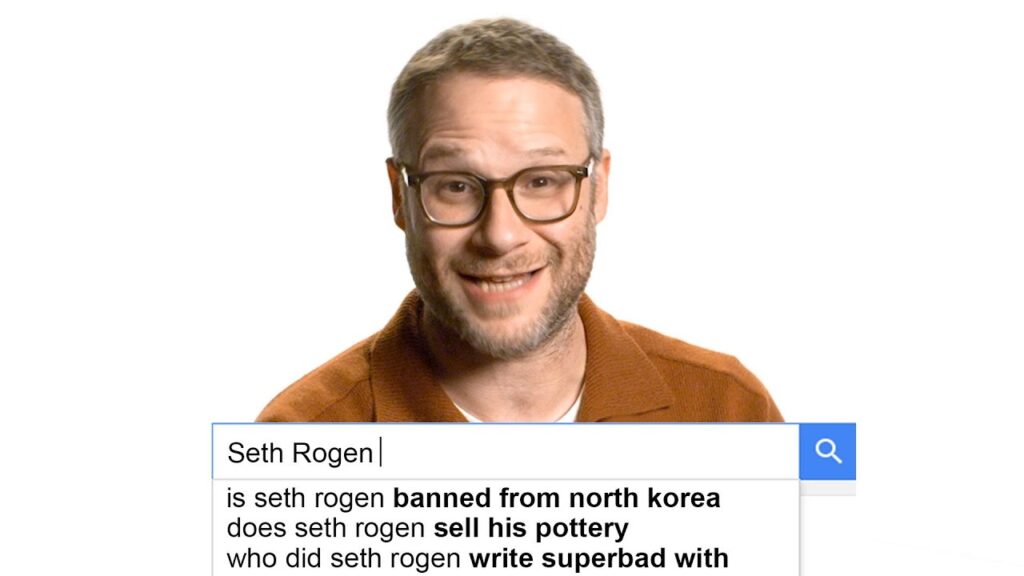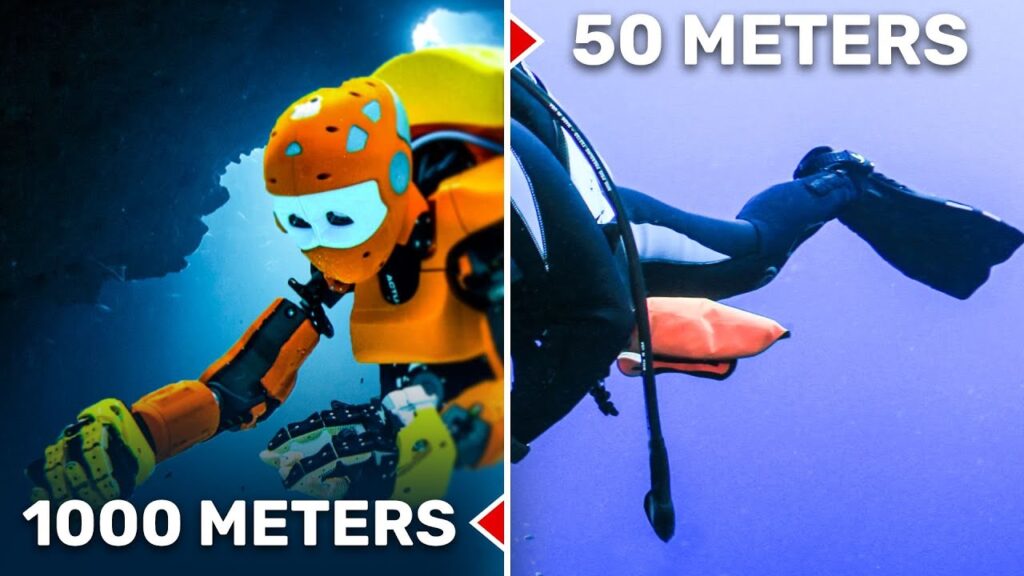The Complexities of Drug Development: A Q&A Discussion
Introduction
At one point or another, most people have taken prescription medication to treat an illness. However, few fully understand the complexities involved in the process of bringing a new drug to market. In this Q&A discussion, we explore the challenges and nuances of drug development through the lens of an expert in the field. We delve into topics such as adaptive licensing, off-label use, ethical considerations, and patient empowerment.
Table of Contents
- The Fragmented Drug Development Ecosystem
- Success Stories and the New DIGS Program
- Adaptive Licensing and the Importance of Delivering Value
- Minimizing Off-Label Use and Engaging Patients
- Conclusion
The Fragmented Drug Development Ecosystem
Q: Can you explain the complexities involved in developing and approving new drugs?
A: The development of new drugs involves various players, including academic researchers, biotech and pharmaceutical companies, regulators, payers, prescribers, and patients. Unfortunately, the problem is that these players often operate independently, without coordination or information sharing. This fragmented ecosystem leads to a waste of resources and a failure to generate necessary knowledge.
Q: What are the major challenges in this ecosystem?
A: The main challenge is the highly efficient natural ecosystem of diseases that drugs are trying to fight. Diseases are constantly evolving and becoming resistant to drugs, making the development of effective treatments more difficult. Additionally, the lack of collaboration and information sharing among players in the ecosystem results in a lack of progress.
Success Stories and the New DIGS Program
Q: Are there examples of successful drug development processes?
A: There are some success stories, often driven by patients and patient advocacy groups. For example, the approval of new HIV drugs in the 80s and 90s greatly reduced the death rate of HIV/AIDS patients. However, the disease continues to evolve, and new drugs are needed to combat drug resistance.
Q: Can you introduce us to the New DIGS program and its objectives?
A: Sure, New DIGS is a program that aims to create a safe haven for various players in the drug development process to come together and discuss issues in the interest of driving change for the benefit of patients. Specifically, one area of focus is adaptive licensing, which involves getting pharmaceutical companies to share proprietary data about products currently in their pipeline and doing live simulations of this new regulatory model.
Adaptive Licensing and the Importance of Delivering Value
Q: Can you elaborate on the concept of adaptive licensing and its benefits?
A: Adaptive licensing involves a more flexible regulatory process where drug approval is based on real-time data gathered during clinical trials. This process could significantly speed up the approval process, making drugs available to patients who need them sooner. However, for adaptive licensing to work, pharmaceutical companies need to be willing to share proprietary data.
Q: How important is delivering value to individual patients in the pharmaceutical industry?
A: Delivering value to individual patients is paramount when it comes to drug development. In addition to improving patient outcomes, focusing on individual value can reduce costs and improve trust in the pharmaceutical industry overall. It’s important to understand the value proposition for each player in the ecosystem, but patient value should always be the primary consideration.
Minimizing Off-Label Use and Engaging Patients
Q: What is off-label use, and why is it a concern in the pharmaceutical industry?
A: Off-label use is the prescription or use of a drug for an unapproved indication or patient population. Minimizing off-label use is a concern because it can lead to a lack of understanding of toxicities, health literacy issues, and the high cost of new therapies.
Q: Can pharmaceutical companies alone ensure that the right patients receive medication and minimize off-label use?
A: There is skepticism about whether pharmaceutical companies alone can ensure that the right patients receive medication. We need to explore different roles for different players to drive better outcomes, including payers playing an important role.
Q: How important is off-label use in the specialty area of oncology?
A: Off-label use is important for experimentation by experts in the specialty area of oncology. However, systematic learning from it is lacking.
Q: What ethical considerations are there in regards to patients receiving off-label therapies?
A: Patients may be desperate for a drug, but there must be an ethical balance between that desperation and their ability to give informed consent. Engaging patients in research and drug delivery in a fundamentally different way could empower them and allow for patient preferences around the level of risk tolerance to be considered.
Q: How can we educate all players in the ecosystem about the issues at hand?
A: Having a dialogue with all players at the table is critical to ensuring everyone is educated on the issues at hand. This dialogue needs to be open and transparent, and all information should be shared in a timely manner.
Conclusion
Drug development is a complex and multifaceted process that involves various players in the ecosystem, from academic researchers to patients. The lack of collaboration and information sharing often leads to a waste of resources and a failure to generate necessary knowledge. However, there are examples of success stories in the field, and programs like New DIGS are working to create a safe haven for players to come together and discuss issues. The importance of adaptive licensing, delivering value, and minimizing off-label use cannot be overstated. Patient empowerment and education are also critical to driving better outcomes for all involved. By working together and continuously improving the system, we can work toward more effective treatments and better patient outcomes.







